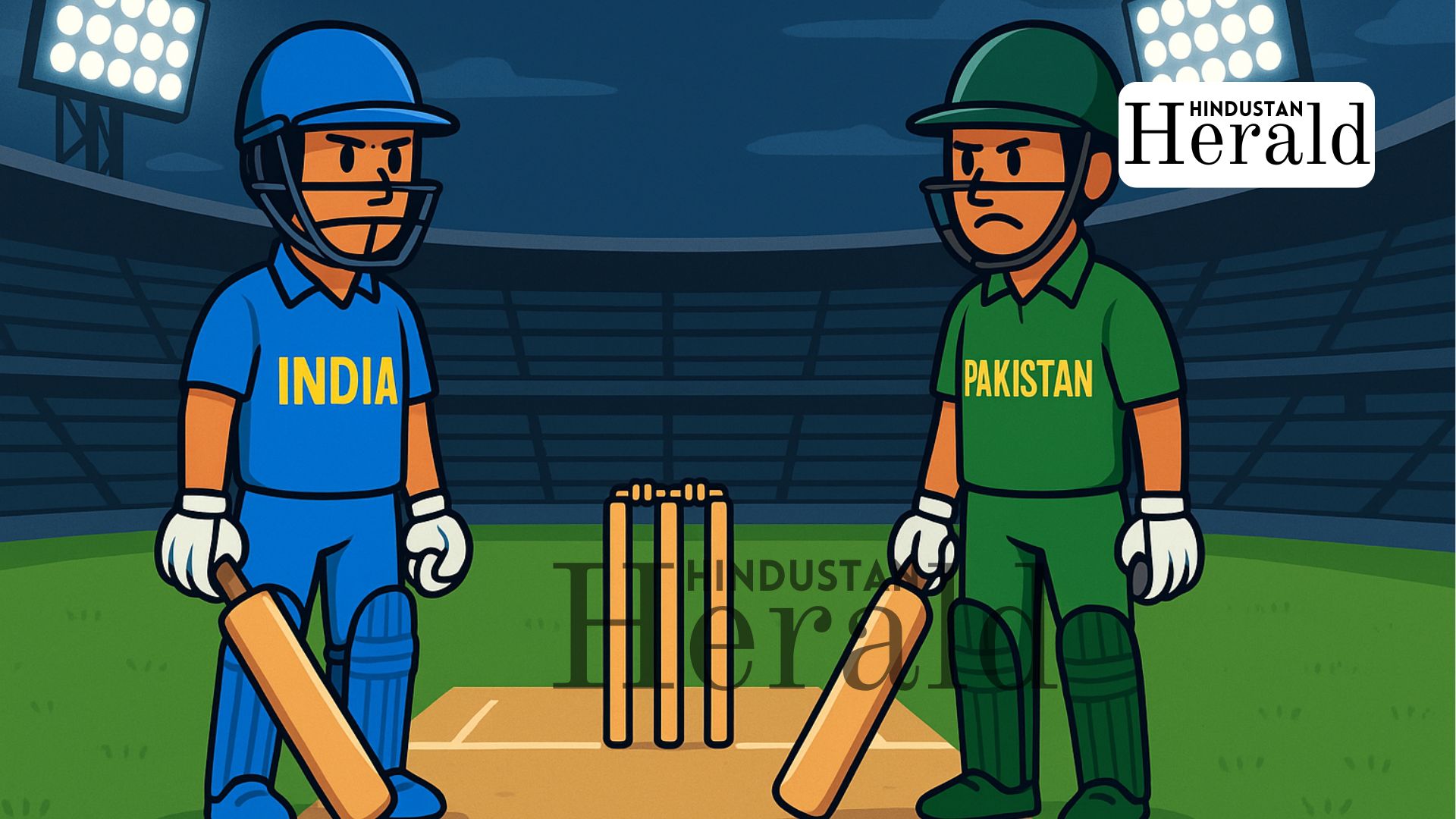New Delhi, September 14: The cricket field is about to turn political again. As India prepares to meet Pakistan in the Asia Cup 2025, the match has already become a lightning rod for anger and grief. The backlash isn’t about cricketing rivalry this time it’s about memory. Barely five months have passed since the Pahalgam terror attack, and families of those who lost their lives are demanding that India stay away.
BCCI Digs In
The BCCI isn’t budging. Its secretary Devajit Saikia told reporters that India simply cannot withdraw. “This is not a bilateral series,” he said, pointing to the multinational nature of the Asia Cup. In short, India is locked in the rules don’t allow a boycott without consequence.
That position, while technically correct, has done little to cool tempers. For many watching this debate unfold, the board’s statement felt bureaucratic, even cold. After all, when national grief is still raw, rules on forfeits hardly move the needle.
Coaches Ask Players to Tune It Out
Inside the dressing room, the team has been told to shut the noise out. Assistant coach Ryan ten Doeschate told NDTV Sports the players were asked to “focus on cricket” and leave politics to those in charge. Easier said than done. Every Indian cricketer knows that when the opposition is Pakistan, the game is never just a game.
Anger Spills Online
The hashtags say it all. #BoycottINDvPAK and #BoycottAsiaCup have been trending for hours, and not just from anonymous handles. Victims’ families, political leaders, even some cricket franchises have stepped in. The Punjab Kings, an IPL team, shared a cryptic post hinting at a “silent boycott.” That post alone gave the trend fresh oxygen, as reported by Vijay Karnataka.
This isn’t just performative outrage. For those grieving Pahalgam, the cricket match feels like salt on an open wound.
Voices From The Ground
Perhaps the strongest words have come from Aishanya Dwivedi, whose husband Shubham was among those killed in April. She told The Times of India that playing Pakistan now is “an insult” to the dead. Her plea was simple but loaded, if the government won’t step in, people should quietly protest by switching off their televisions.
It is these testimonies that have shaped the debate. They carry a weight no political slogan can.
Political Parties Join In
The Aam Aadmi Party (AAP) has publicly slammed the decision, calling the match “humiliating” for the victims’ families. Their attack was aimed as much at the Centre as at the cricket board why allow sport when ties with Pakistan elsewhere are frozen?
For now, most other political voices are cautious. But the silence may not last. In Indian politics, India–Pakistan cricket is a live wire, and sooner or later, others will weigh in.
What If India Does Walk Away?
There is, of course, a practical angle. If India doesn’t show up, Pakistan gets the points under Asian Cricket Council rules. That would hurt India’s campaign and potentially its chances of advancing. It’s the kind of technicality that administrators cling to but it doesn’t answer the larger question should sport go on when wounds are still fresh?
A Familiar Dilemma
This is not new territory. After the 2008 Mumbai attacks, after Uri in 2016, and after Pulwama in 2019 the call has always been the same don’t play Pakistan. And each time, India has struck a middle path. No bilateral cricket, but no boycotts in global tournaments either.
The Pahalgam attack has reopened that debate. Only this time, the grief feels sharper because of how recent it was. For those who lost loved ones, five months is no time at all. To then see India face Pakistan in a stadium packed with fans feels jarring, even cruel.
Between Memory and Cricket
For now, the match is on. The players will walk out, the anthem will play, and the game will unfold. But the stands may not roar as usual. Silent boycotts, television screens turned off, empty chairs these may end up saying more than any scoreboard.
Cricket between India and Pakistan has always carried more baggage than it should. This week, that baggage is heavier than ever. The game will be played, but whether the country watches is another matter.
Stay ahead with Hindustan Herald — bringing you trusted news, sharp analysis, and stories that matter across Politics, Business, Technology, Sports, Entertainment, Lifestyle, and more.
Connect with us on Facebook, Instagram, X (Twitter), LinkedIn, YouTube, and join our Telegram community @hindustanherald for real-time updates.
Covers Indian politics, governance, and policy developments with over a decade of experience in political reporting.
Sports reporter covering cricket, football, and Olympic disciplines, with on-ground event experience.











